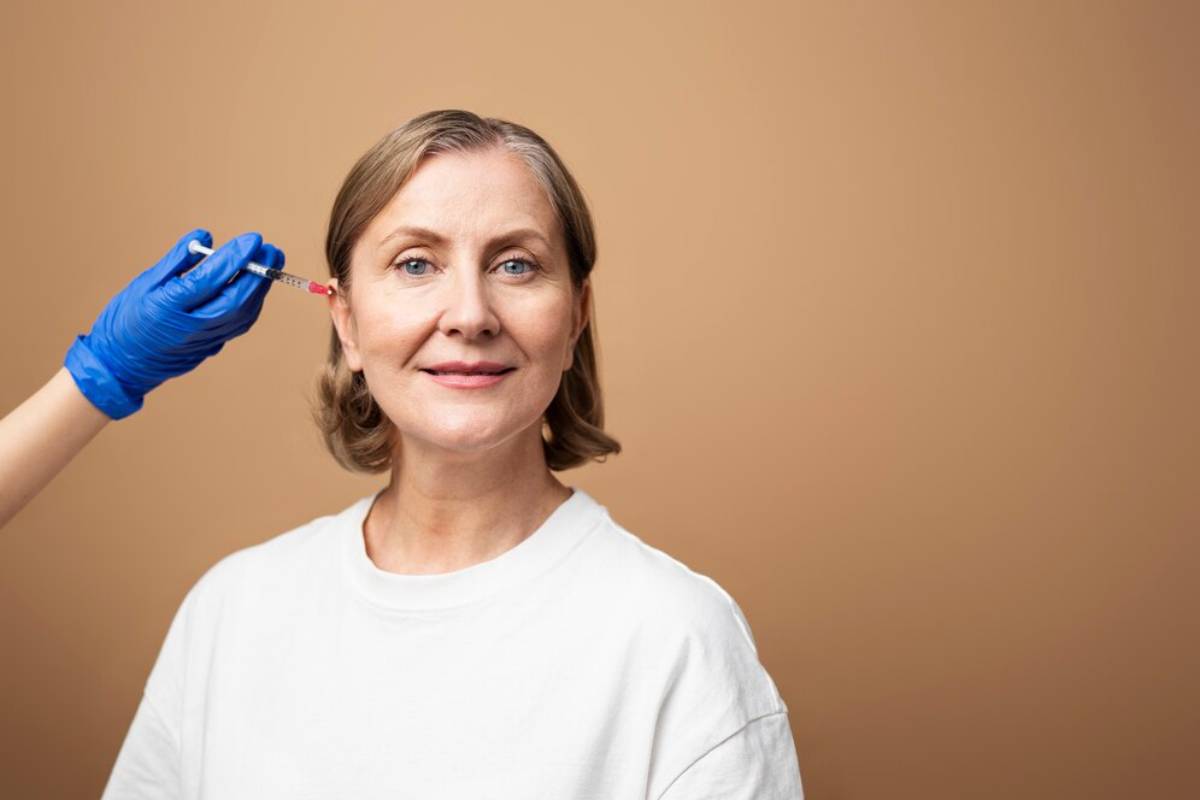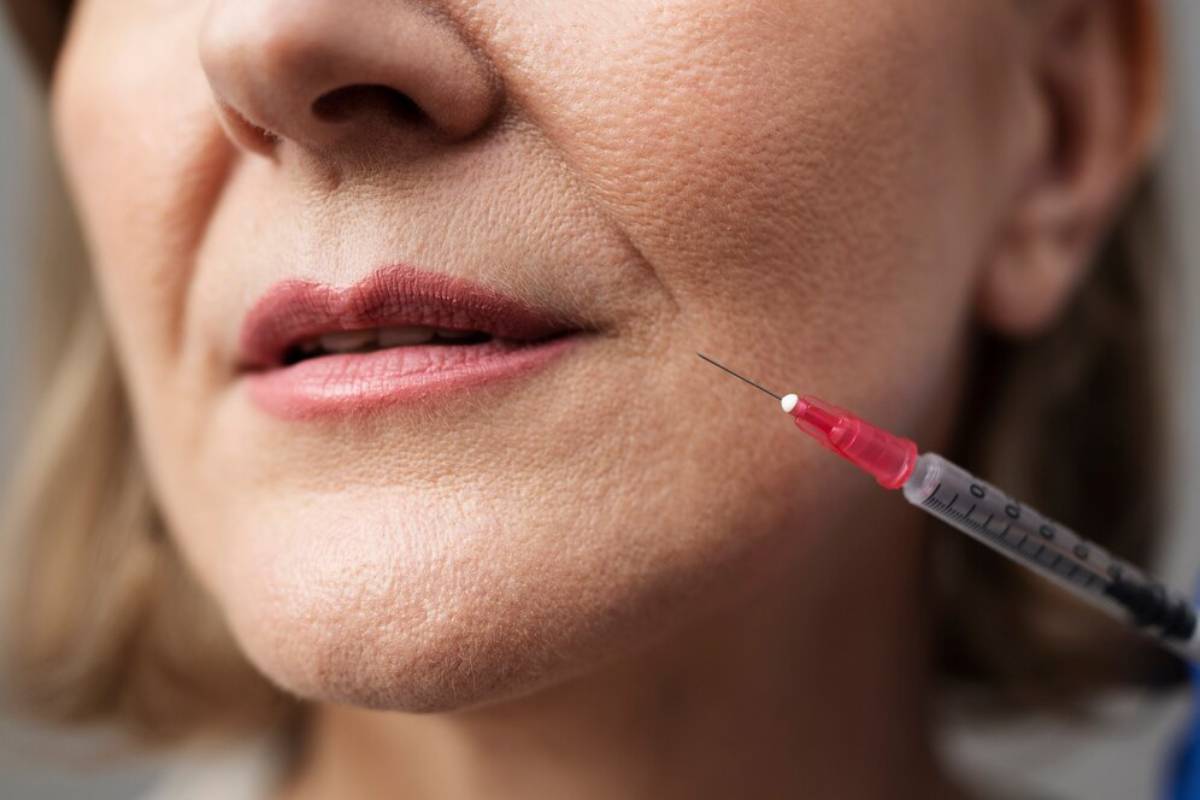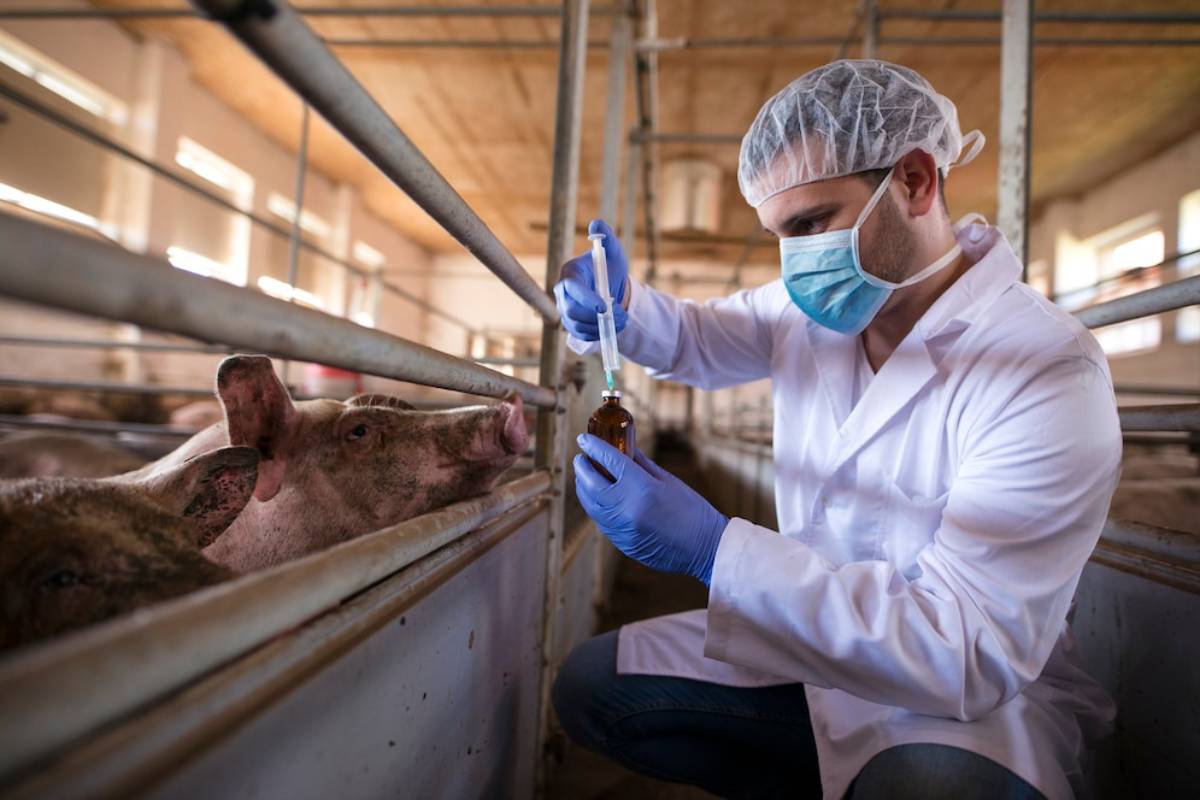
The Role of Regenerative Medicine in Anti-Ageing Research
In recent years, the field of regenerative medicine has emerged as a beacon of hope for those seeking to mitigate the ravages of time. The search for the fountain of youth goes on. Regenerative medicine shows hope for anti-ageing treatments. This new field uses the body’s natural healing skills. It could change how we see and tackle ageing. Regenerative medicine and anti-ageing research intersect in exciting ways. They could change how we age by extending our health span along with our lifespan.
The importance of this topic cannot be overstated. With an ageing global population, the demand for effective anti-ageing treatments is on the rise. However, there are common misconceptions about what regenerative medicine can achieve. While it holds great promise, it is not a magic bullet that can instantly turn back the clock. It shows a new area in science. Here, we can achieve steady and lasting health improvements. This blog covers the main benefits of regenerative medicine in anti-ageing. It will share expert tips, highlight common mistakes, and offer insights into this growing field.
Key Benefits / Why It Matters
Transformative Potential of Regenerative Medicine
Regenerative medicine aims to repair, replace, and regenerate damaged cells, tissues, and organs. This ability is especially important for ageing, where cell breakdown is a major issue. Rejuvenating cell function and structure tackles the root causes of ageing. This offers real solutions, not just surface-level fixes.
One of the most significant benefits of regenerative medicine is its ability to enhance cell regeneration. This process involves stimulating the body’s natural repair mechanisms to restore damaged tissues.
In anti-ageing, this could mean:
- Rejuvenating skin cells to cut down wrinkles.
- Regenerating cartilage to ease joint pain.
- Revitalising brain cells to boost cognitive function.
The possibilities are vast and varied, each holding the promise of a healthier, more vibrant life.
Real-Life Applications and Data-Backed Insights
Regenerative medicine is already being tested for anti-ageing. Early results look promising. Stem cell therapy is key in regenerative medicine. It treats ageing-related conditions like osteoarthritis and neurodegenerative diseases. Clinical trials show that stem cells can help in several ways. They can reduce inflammation. They also promote tissue repair. Plus, they may improve mobility and quality of life in older adults.
Also, research data shows how effective regenerative approaches are. Research shows that regenerative therapies can help animals live healthier for longer. They delay age-related diseases and boost overall vitality. These findings offer a strong basis for using similar treatments in humans. They push the field ahead with hope and urgency.
Additional Expert Tips & Common Mistakes to Avoid
Best Practices in Regenerative Medicine for Anti-Ageing

If you’re thinking about using regenerative medicine for anti-ageing, keep these best practices in mind. First, talk to qualified healthcare professionals who specialise in regenerative medicine. This ensures that any treatments pursued are evidence-based and tailored to individual needs. Also, keeping a healthy lifestyle is key to getting the most from regenerative therapies. A balanced diet, regular exercise, and good sleep help the body heal. They work well with medical treatments.
Common Mistakes and Misconceptions
Despite its promise, regenerative medicine is not without its challenges and misconceptions. One common mistake is viewing regenerative treatments as a quick fix for ageing. These therapies can be very helpful, but they need time and consistency to show real results. Another misconception is that regenerative medicine is a one-size-fits-all solution. Treatment effectiveness can really differ. It often depends on health conditions, genetics, and lifestyle choices.
Be careful of clinics or practitioners that promise miraculous cures without regulation. Regenerative medicine is still growing. Not all treatments have been fully tested or approved by regulators. Therefore, due diligence and caution are advised when exploring treatment options.
Advanced Insights / Expert Recommendations
Pioneering Research and Future Directions
Regenerative medicine is changing fast. New research is leading to better anti-ageing treatments. Scientists are studying induced pluripotent stem cells (iPSCs). These are adult cells turned into an embryonic-like state. iPSCs can develop into any type of cell. This breakthrough may lead to personalised regenerative therapies. These therapies match each person’s unique genetics. This improves treatment effectiveness and safety.
Also, combining regenerative medicine with new technologies like gene editing and nanotechnology is very promising. CRISPR gene editing can fix age-related genetic mutations. Nanoparticles can also deliver regenerative agents to specific tissues. This method boosts precision and improves results.
Unique Industry Perspectives
The industry is quickly moving toward commercializing regenerative medicine for anti-ageing. Biotech companies are pouring money into research and development. They are excited about the profit potential in the anti-ageing market. Investment is speeding up the process of turning scientific discoveries into real treatments. This brings new therapies closer to everyday use.
But, experts warn that we must keep ethical concerns first as we move forward. Extending the human lifespan brings up big questions. How will we use resources? What will be the impact on society? Who will have access to treatments? A balanced approach is key. It should prioritise ethical standards and scientific progress. This ensures that regenerative medicine develops responsibly.
Final Thoughts: Embracing a Regenerative Future in Anti-Ageing

Regenerative medicine is a groundbreaking area in anti-ageing research. Its potential to repair and rejuvenate the body at a cellular level offers a promising pathway to healthier, more vibrant ageing. But, like any new area, it’s important to approach regenerative treatments carefully. Follow expert advice and stick to evidence-based practices.
To explore regenerative medicine, start by finding trusted practitioners. Also, keep up with the latest research. As the field grows, keeping up with new research and therapies helps people make smart choices about their health and well-being.
The blend of regenerative medicine and anti-ageing research brings exciting new possibilities. Ageing gracefully is now more than just a hope; it can become a real achievement. We are at the start of an exciting journey. This chance to redefine ageing and improve our quality of life invites us to look forward with curiosity and hope.


